Navigating Australia’s import regulations is critical for seamless shipments from China. As a licensed Australia customs broker, CUCFreight simplifies compliance with this step-by-step guide:
1. Secure Your ABN (Australian Business Number)
Requirement: Mandatory for all commercial imports
Process:
·Register online via ATO in 15 minutes
·Free for businesses with GST turnover <A$75k/year
CUC Assist: Free ABN verification for first-time importers
2. Classify Goods Correctly
Avoid 5-15% duty errors with precise tariff codes:
Tool: Use the Australian Customs Tariff
Common Codes:
Electronics: 8517.62.00 (5% duty)
Furniture: 9403.30.00 (0% duty under China-Australia FTA)
CUC Advantage: Free HS code verification + FTA certificate application
3. Calculate Duties & Taxes
When calculating the shipping cost from China to Australia, don’t forget about customs duties and GST. Customs duties vary based on the product type, while GST is a 10% tax applied to the total value of the goods, including shipping and insurance costs.
4. Submit Required Documents
Essential Papers:
Commercial Invoice (with INCOTERM 2024)
Packing List (itemizing weight/volume)
Bill of Lading/Air Waybill
CUC Special: Free AQIS biosecurity docs prep for plants/foods
These documents must be submitted to Australian Border Force for clearance.
5. Meet Australian Standards
Electricals: AS/NZS 4417 certification (tested in CUCFreight’s Shenzhen lab)
Toys: ISO 8124 compliance reports
Food: DAWE import permit + sanitary certificates
2024 Update: New lithium battery rules require UN38.3 tests – download our checklist
Australia enforces strict standards across a range of products. For instance, electrical items must meet Australian Electrical Safety Standards. Ensuring compliance before arranging shipping from China to Australia will help you avoid costly delays or penalties.
6. Obtain Necessary Permits and Licenses
Certain goods require official permits to import into Australia. For example:
Food imports require approval from the Department of Agriculture, Water, and the Environment.
Medicines and health products must comply with the Therapeutic Goods Administration (TGA) requirements.
Always check requirements early when planning your sea freight from China to Australia.
Like the following information that CUCFreight can provide, we hold the AEO Advanced certification as well as a range of qualifications.
CUCFreight AEO certification http://credit.customs.gov.cn/ccppwebserver/pages/ccpp/html/detail.html
Guangdong Provincial Water Transport Information Network http://210.76.77.102:188/syxxw/#/putonRecordDetail?type=1&id=33057
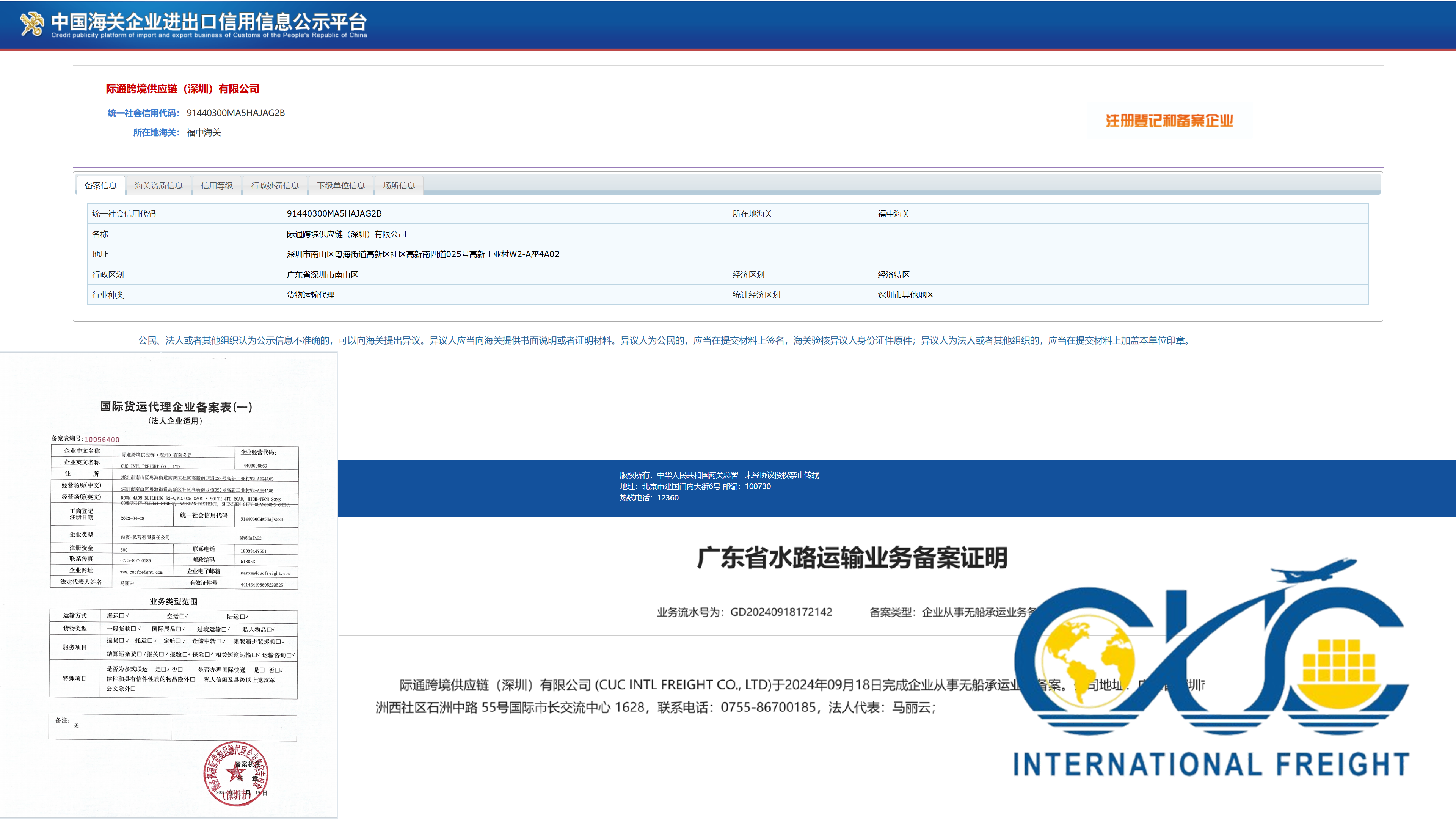
7. Avoid Shipping Prohibited Items
Australia has a strict list of prohibited and restricted imports, including weapons, certain plants and animals, and counterfeit goods. Make sure your goods are allowed to enter Australia before finalizing your shipping from China to Australia arrangements.


 English
English  português
português 
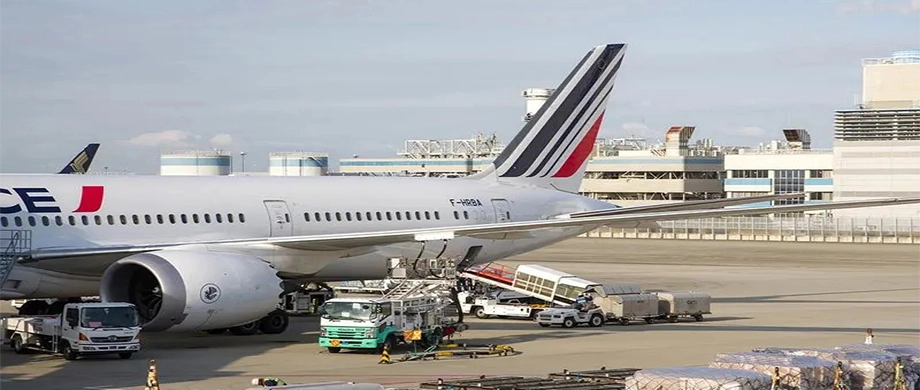


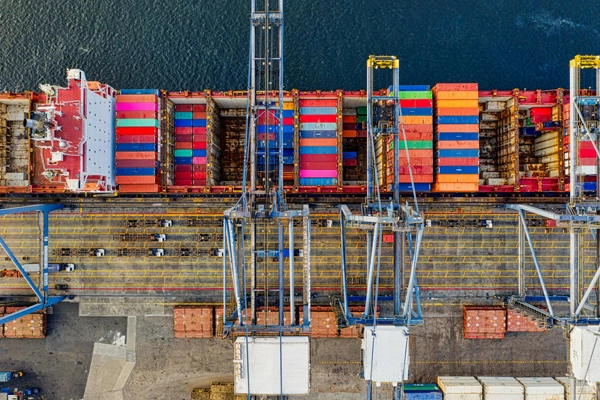
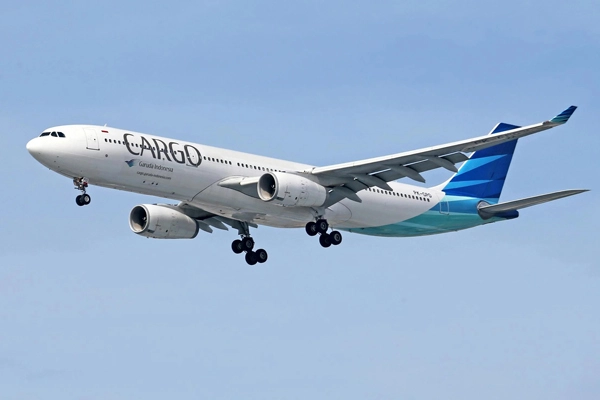







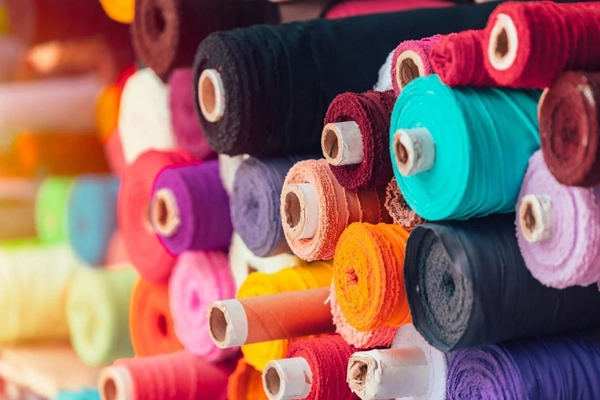
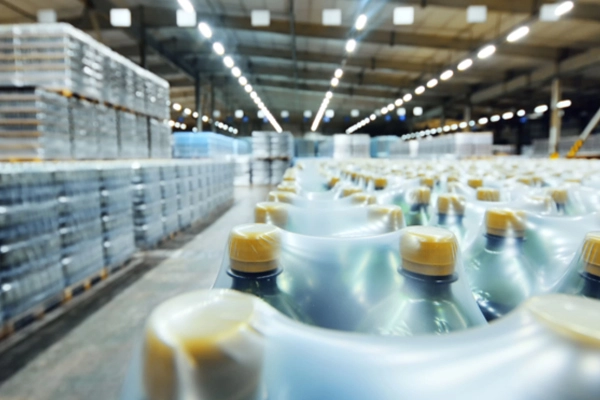
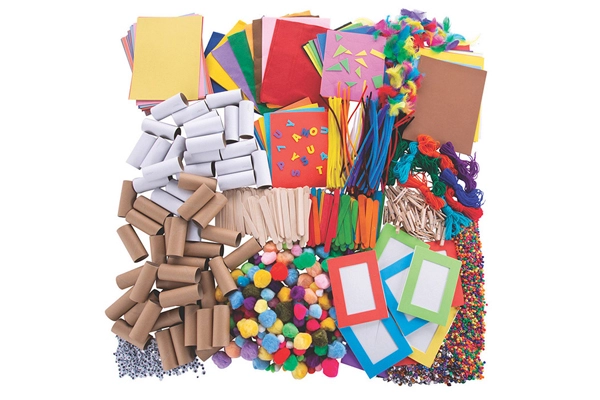
.webp)
.webp)
.webp)






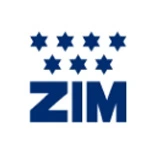



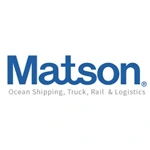




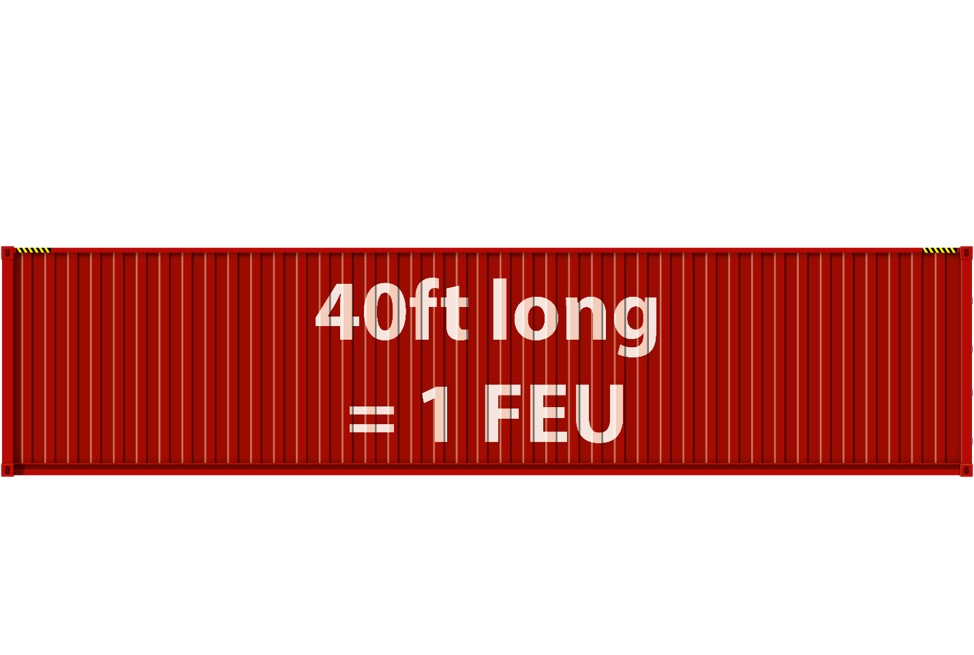
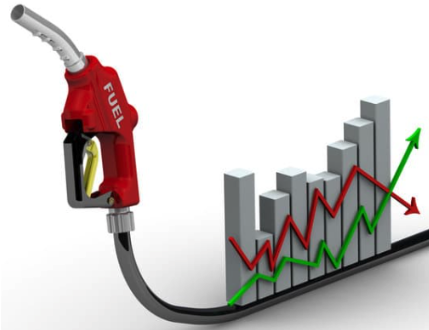
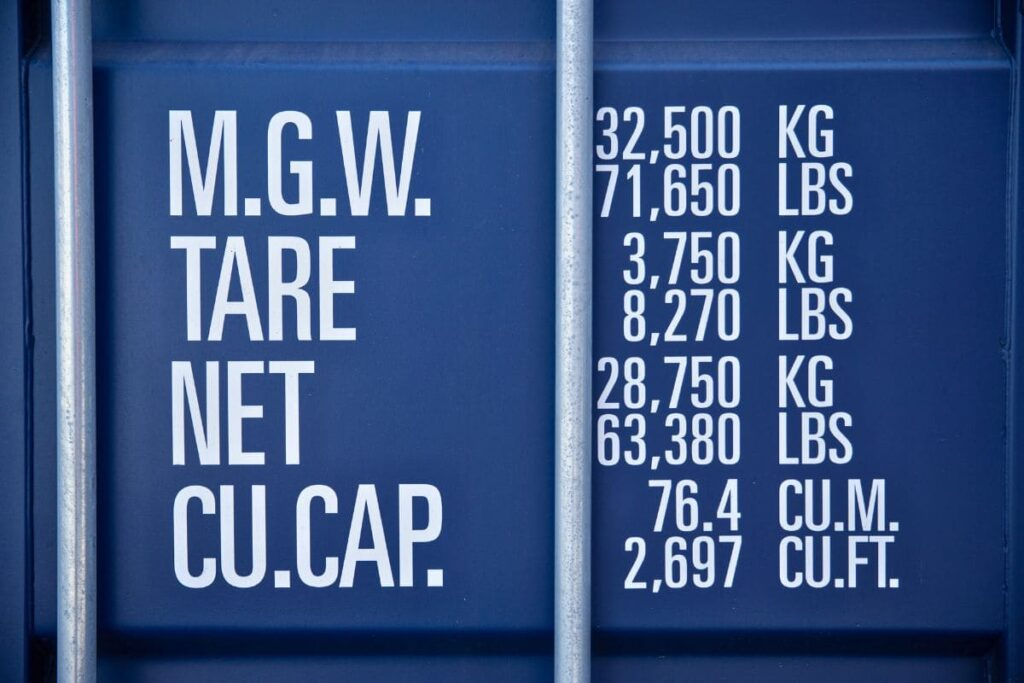
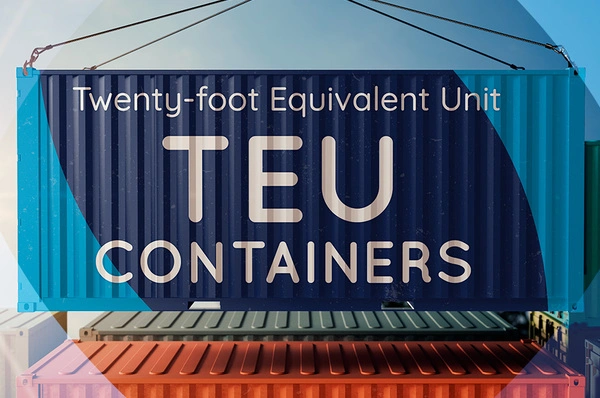
 Call us on:
Call us on:  Email Us:
Email Us:  International Mayors Exchange Center, No. 55 Shizhou Middle Rd, Nanshan District, Shenzhen Guangdong China
International Mayors Exchange Center, No. 55 Shizhou Middle Rd, Nanshan District, Shenzhen Guangdong China 
